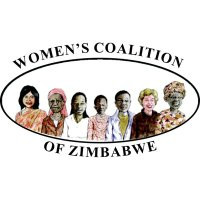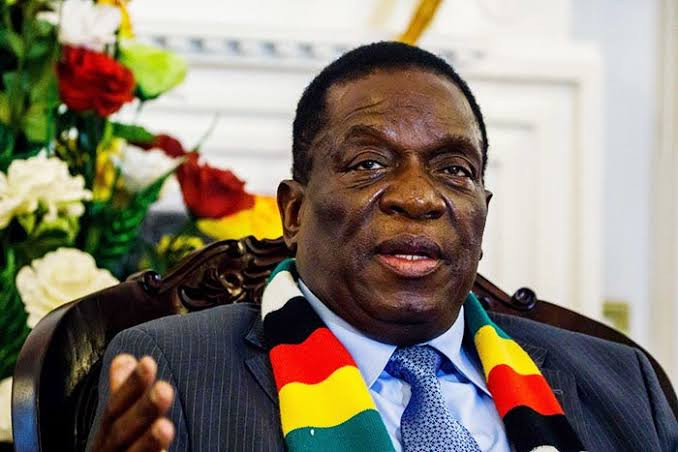
WOMEN’S rights groups have amplified their bid for inclusive participation of women in key decision-making platforms ahead of the 2028 elections.
Recently, Women Affairs minister Monica Mutsvangwa said women needed to participate in politics and leadership positions to ensure gender equality in Zimbabwe’s governance system.
She said women constituted a bigger number than men in Zimbabwe, hence the need for them to actively participate in the country’s leadership positions.
In an interview during the launch of the Feminist Participatory Action Research in Harare last Thursday, Women’s Coalition in Zimbabwe chairperson Muchanyara Mukamuri said there was need for authorities to abide by the provisions of the Constitution.
“Our Constitution speaks of the 50/50 issue. It also speaks of equality and non-discrimination. It’s about implementation of those sections of the Constitution that speak of equality and non-discrimination,” Mukamuri said.
“We have seen with discerning hearts that even appointments that are made at all levels, whether in the public sector, private sector, we still find that the scale still tilts towards men, yet women are there, women with capacities.”
Mukamuri added: “There should be political commitment and financing to ensure that they are intentional and deliberate about it during the appointment period, during the constitutional implementation, during the elections, through political parties and all appointments done by the President.
“We feel so sad when we find that even when we speak about having a woman in the presidium, we continue to have only men.
- Govt adopts UN protocol on child rights
- Zim newspapers struggling: Mutsvangwa
- Brand Zim launched
- Aggression won't build Brand Zimbabwe
Keep Reading
“We are on a fresh bid and this time I think we have to up our game to ensure that by the time we reach 2028, we will have achieved something.”
Women in Politics Support Unit (WIPSU) executive director Sakhile Sifelani Ngoma said women were claiming back their positions within communities and at national level through an extensive grassroots movement approach.
“So as the women’s movement in Zimbabwe and as WIPSU, we are in a fresh bid for 50-50 in Zimbabwe. Looking at representation in the country, yes, we can see the gains that we have made in terms of representation coming out of the 2023 election, but we are still on a call for progressive development, which is what the Constitution is asking for,” Ngoma said.
“Our eyes are firmly set on ensuring that the country reforms its legal, electoral, political party financing architecture, to deliver a conducive environment in 2028 that will deliver 50% of constituencies in women’s representation and 50% of wards in women’s representation.”










